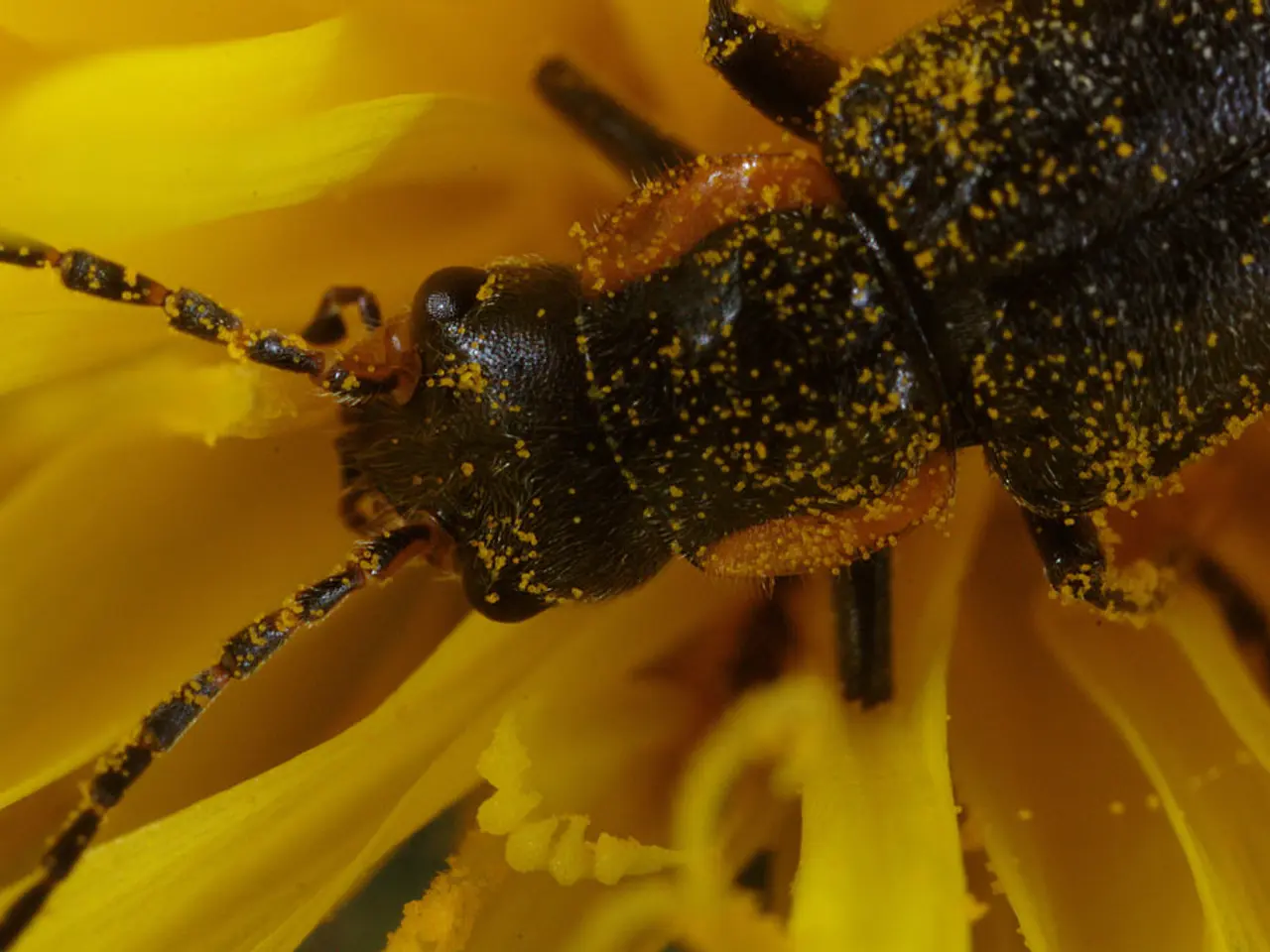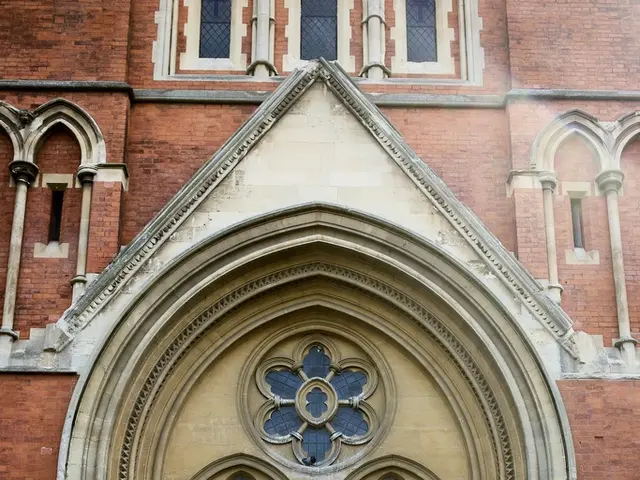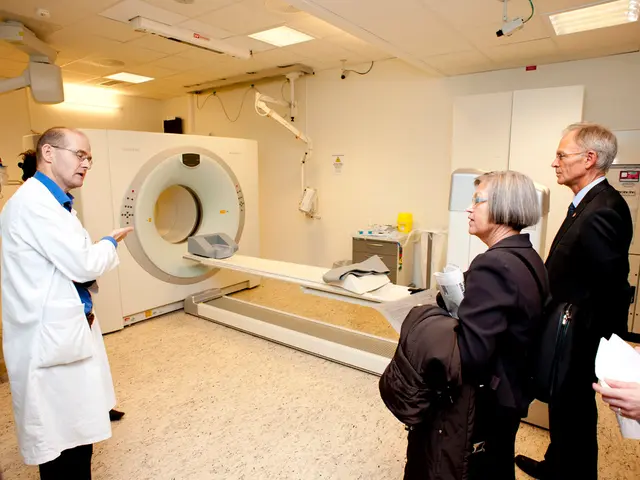Protect those wasps! While they can be somewhat bothersome, they're actually beneficial for your garden ecosystem
The Unsung Heroes of the Garden: Wasps
Wasps, often maligned for their sting, are vital players in maintaining a balanced garden ecosystem. These small insects, numbering over 100,000 described species worldwide, provide significant benefits as natural pest controllers and pollinators.
Control of pest insects is one of the key roles wasps play in gardens. They hunt and parasitize a wide variety of other insects and arthropods, including common garden pests such as caterpillars, aphids, weevils, and hornworms. Many wasp species are parasitoids, laying their eggs inside or on pest larvae; their developing offspring then consume the pest, effectively reducing pest populations without harmful chemicals14. This natural predation helps lower the presence of destructive insects, protecting vegetables and flowers.
In addition to their predatory behaviour, adult wasps primarily feed on nectar, thereby serving as pollinators when they visit flowers. While not as efficient as bees, wasps still transfer pollen as they collect nectar, contributing to plant reproduction and biodiversity in gardens1.
Wasps also aid in decomposition by hunting for carrion, helping to clean up dead matter in a garden ecosystem1. Ground-nesting wasps contribute to soil health by aeration and nutrient cycling3.
Planting companion flowers like marigolds and sweet alyssum can attract beneficial parasitoid wasps to crop areas, enhancing pest control naturally and reducing the need for chemical interventions2.
So, despite their reputation, wasps play an important ecological role in maintaining balanced, healthy garden ecosystems13. For more in-depth reading about wasps, consider the book "Endless Forms: Why you should love wasps" by Prof. Seirian Sumner.
Interestingly, social wasps (yellowjackets and hornets) account for only around 1,200 of the total known species. In the UK, there are only 9 species of social wasps, with over 7,000 species of wasps in total1.
Despite their importance, social wasps can become bothersome at the end of the summer, when they have less hunting to do. Mated young queens hibernate and establish a new nest next spring, while males die after mating with new queens from other nests, along with any remaining workers and the old queen1.
The Giant Northern hornet, Vespa mandarinia, is a notable exception. With a wingspan of 12 cm and capable of flying up to 40 km/hr, this wasp species is farmed for its tasty and nutritious larvae in its native Asia6.
For those looking to identify specific wasp species, the Royal Entomological Society offers an insect identification service.
In summary, wasps: - Control pest insects by hunting or parasitizing them - Pollinate flowers through nectar feeding - Support soil health via nesting behaviours - Assist decomposition by consuming carrion
By understanding and appreciating the role of wasps in our gardens, we can learn to coexist harmoniously with these often misunderstood insects.
Wasps, in addition to their ecological role as natural pest controllers, also serve as pollinators, transferring pollen from flowers as they collect nectar. The presence of certain flowers like marigolds and sweet alyssum in gardens can attract beneficial parasitoid wasps, further aiding in natural pest control. Lastly, wasps aid in decomposition by feeding on carrion, promoting a balanced home-and-garden lifestyle through their various contributions to the ecosystem.




